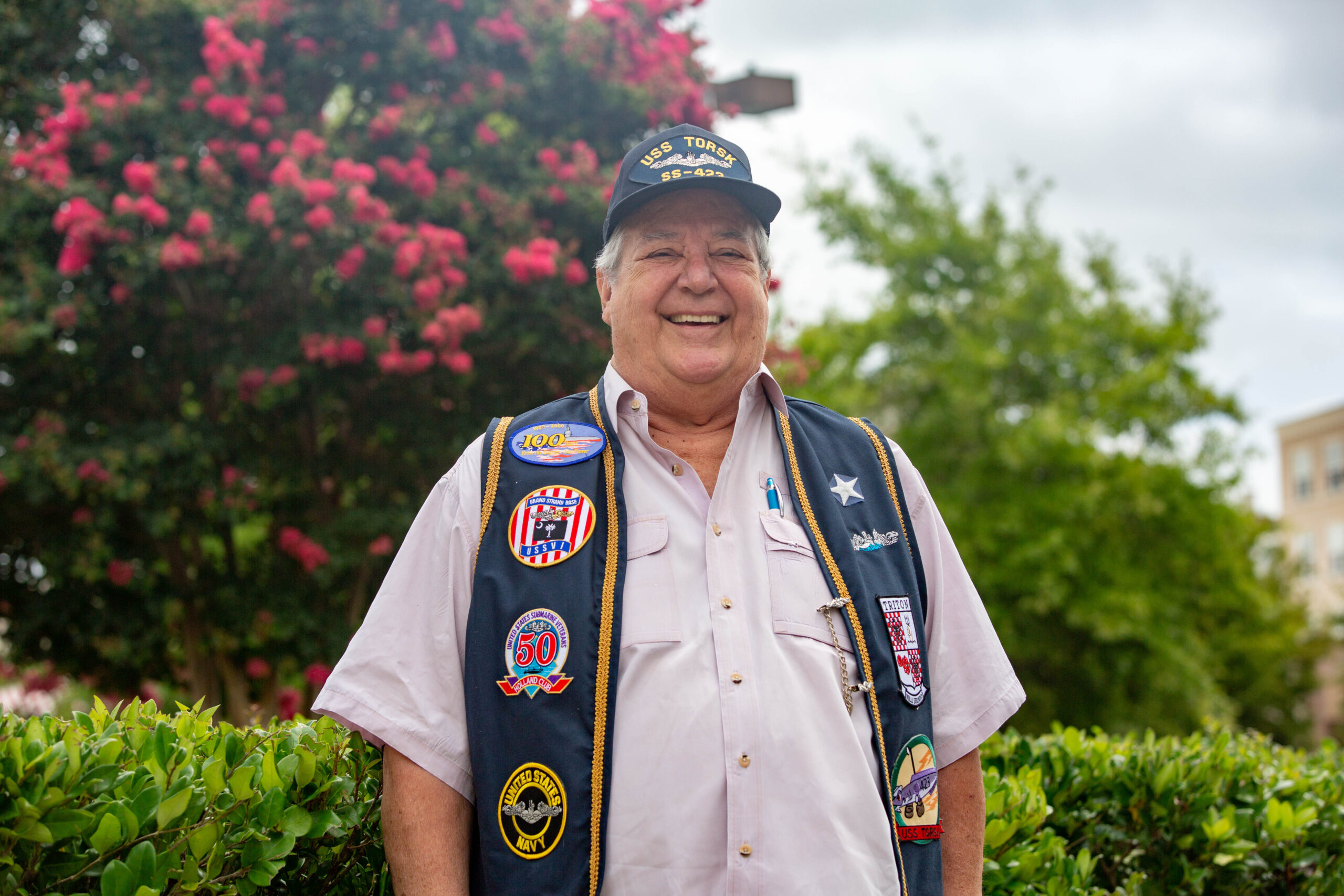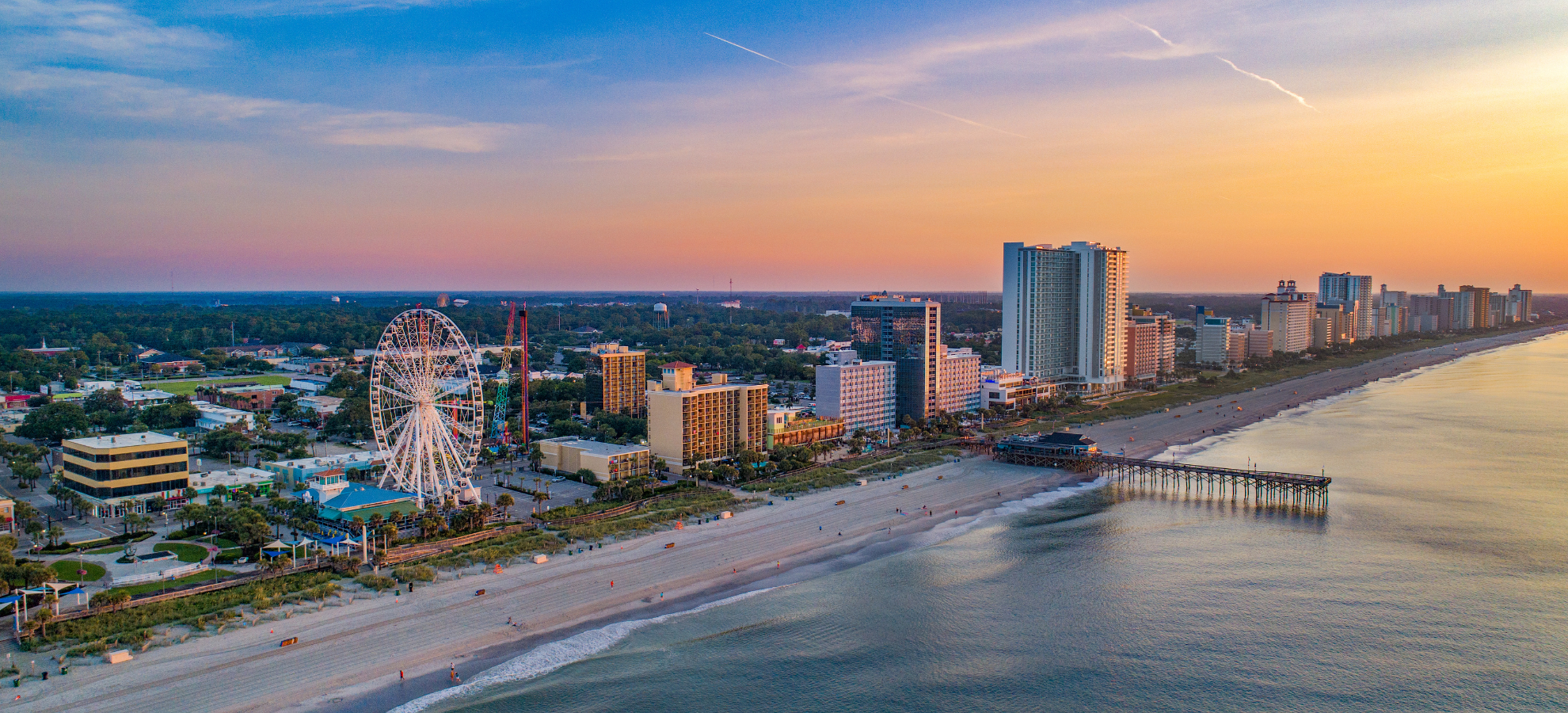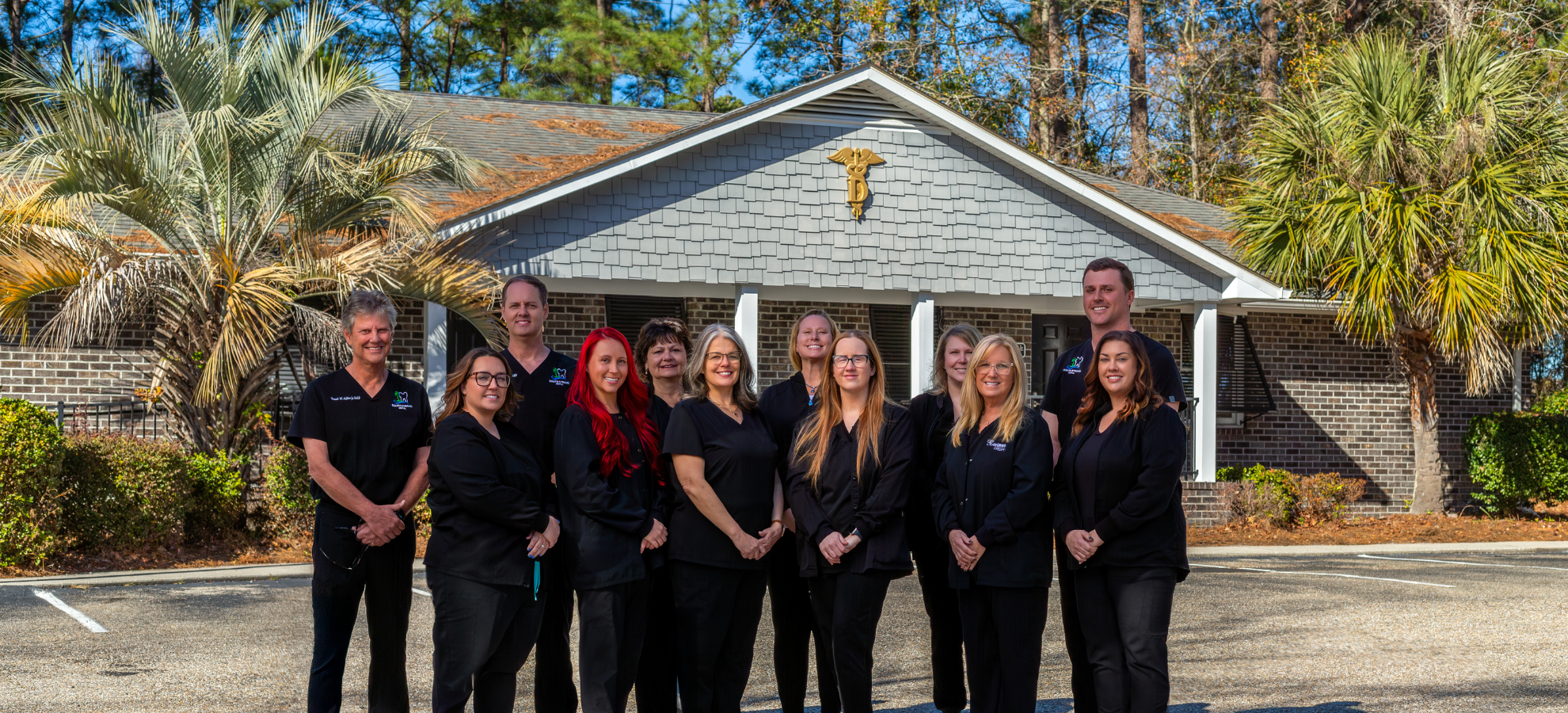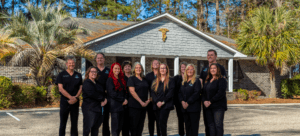A Submarine Naval Veteran From the ‘60s
Celebrate Our Veteran gives voice to the stories of the U.S. military veterans living amongst us. The actions of these brave and dedicated people, who have served our country both in active military duty as well as administrative positions, have and continue to contribute to the protection and preservation of us and our country.
We hope that this section of our paper is an opportunity for our community to hear and see veterans with new eyes, and for veterans to receive recognition and honor for their experiences and life journeys.
This month’s Celebrate Our Veteran recounts the story of Glenn Hero, as told in his own words. This is the final chapter of a two-part series, continued from last month. Click here to read Part 1.
by Melissa LaScaleia
“When I got off the Triton, I was sent to the Torsk SS 423, which sank the last ship in WWII. It’s in Baltimore now as a tourist attraction at the Inner Harbor. While I was on it, we went to Ireland. On the way, we ran into a Noreaster, and consequently, 50-foot waves.
The Navy has some unique regulations. One of those being, if you’re crossing shipping lanes, you have to be either submerged at 500 feet deep, or on the surface. The test depth of the Torsk was 325 feet, and we were crossing shipping lanes, so we had to be on the surface. And since we were, we had to have one officer and one lookout on the deck at all times.
It fell to my lot to be the lookout. And the waves were so high that they had to chain me to the deck to prevent me from being washed overboard. Believe it or not, I wasn’t scared. And the chains worked.
This was during the ‘60s. We were engaged in NATO operations and mock war games in the event of a war. I had a clearance where I could decode crypto messages. It was our job to go in and lay mines down, but we got sunk before we could.
Afterwards, I was transferred to the Argonaut SS475 because the Torsk was going to the Mediterranean for six months, and I had four months left on my contract.
The Argonaut was also used in WWII, and received one battle star from that time. I was enlisted for a total of 3 years, 9 months, and 27 days. And I remember that so precisely because, as yeoman, I typed up my own discharge papers.
After I was discharged, I attended a variety of colleges. I started at Pace College in NYC, then transferred to Fullerton Junior College in California, and then transferred to Humboldt State in Eureka. Somewhere along the way, I decided forestry would be a good career, so I changed my major from accounting to that. But in the ‘60s, everybody was going into some field that was ecological, and there weren’t enough jobs. So I transferred back to accounting, and ended up graduating from Virginia Commonwealth University.
I remained in the accounting industry for the duration of my career. My wife and I have lived in Pawleys Island for the past eleven years. We were living in Charlotte, and I had a client who lived in Pawleys. When we came to visit, we really liked it and decided to move here.
Today, I’m the commander of the Pawleys Island American Legion, and a member of the Myrtle Beach USSVI Submarine Base— it’s also called the Grand Strand base.”

















